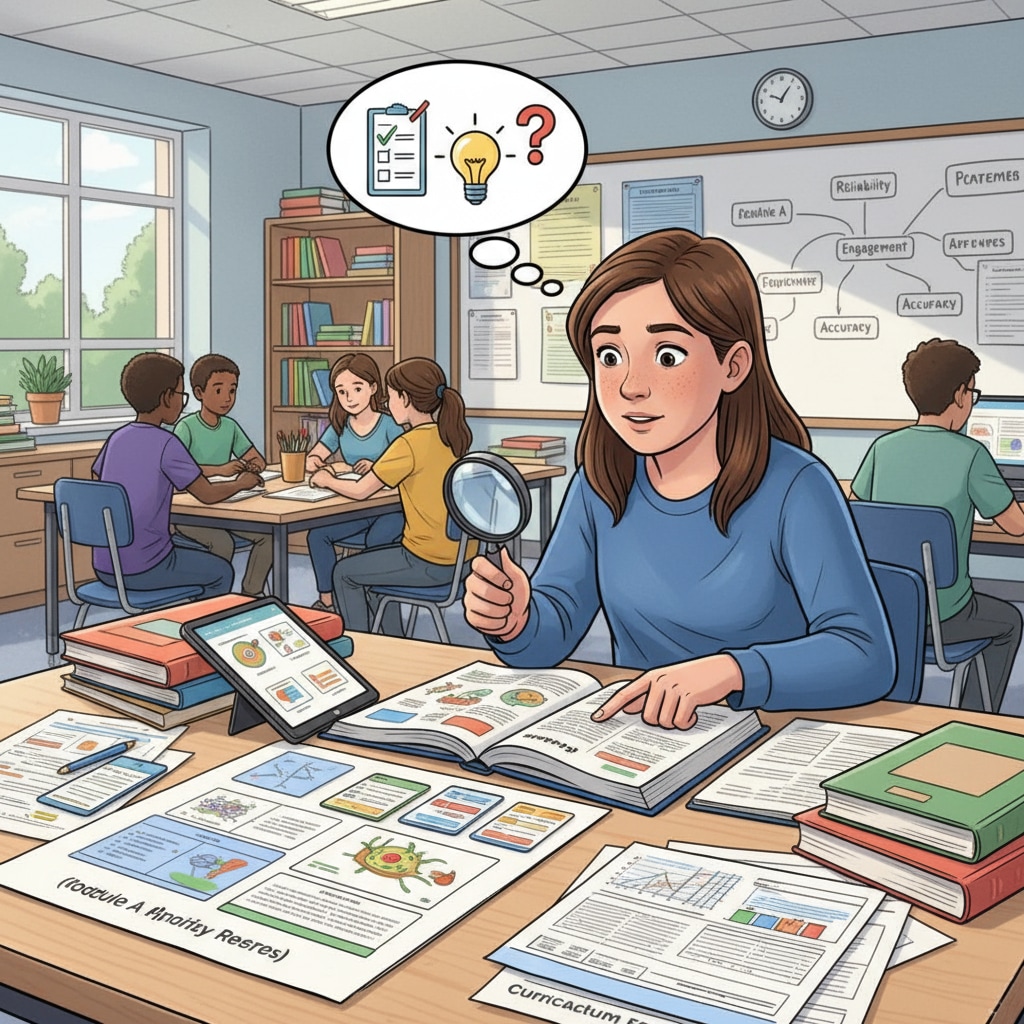Research, evaluation, and educational inequality are three intertwined concepts that play a crucial role in the realm of K12 education. In the pursuit of a more equitable educational system, understanding the differences and connections between research and evaluation is of utmost importance.

As we delve into this topic, we will uncover how these two elements act as the driving force behind educational change, especially in the context of reducing educational inequality.
The Distinctive Features of Research in K12 Education
Research in K12 education is a systematic process of inquiry. It aims to explore various aspects of the educational environment, such as teaching methods, student learning styles, and the impact of curriculum design. For example, a researcher might conduct a study to understand why some students from disadvantaged backgrounds are falling behind in math. This could involve collecting data through surveys, interviews, and classroom observations. According to Educational research on Wikipedia, educational research helps in generating new knowledge and theories that can inform educational practice. By identifying the root causes of educational problems, research provides the foundation for developing targeted solutions to reduce educational inequality.

The Role of Evaluation in K12 Education
Evaluation, on the other hand, is about making judgments regarding the value, effectiveness, or quality of an educational program, policy, or practice. It assesses whether the educational initiatives are achieving their intended goals. For instance, an evaluation might be carried out to determine if a new after – school tutoring program for low – income students is actually improving their academic performance. As stated in Evaluation in education on Britannica, evaluation uses a variety of methods, including tests, performance assessments, and feedback from students and teachers. Through evaluation, educators can identify what is working well and what needs improvement, thus taking steps to enhance educational equality.
Research and evaluation are not isolated activities. They complement each other in the journey towards educational equity. Research provides the questions and the theoretical framework, while evaluation helps in answering those questions by measuring the outcomes of educational interventions. For example, research might suggest that a particular teaching approach could benefit students from underprivileged backgrounds. Evaluation can then be used to determine whether this approach is actually having a positive impact on their learning.
In conclusion, research and evaluation are like the two wings of a bird in the context of educational transformation. They are essential tools in the fight against K12 educational inequality. By leveraging the power of research to identify problems and the insights from evaluation to refine solutions, we can move closer to a more just and equitable educational system.
Readability guidance: This article uses short paragraphs to present ideas clearly. Each H2 section provides a focused discussion. The use of passive语态 is minimized, and transition words like ‘for example’ and ‘on the other hand’ are used to enhance the flow of the text.


